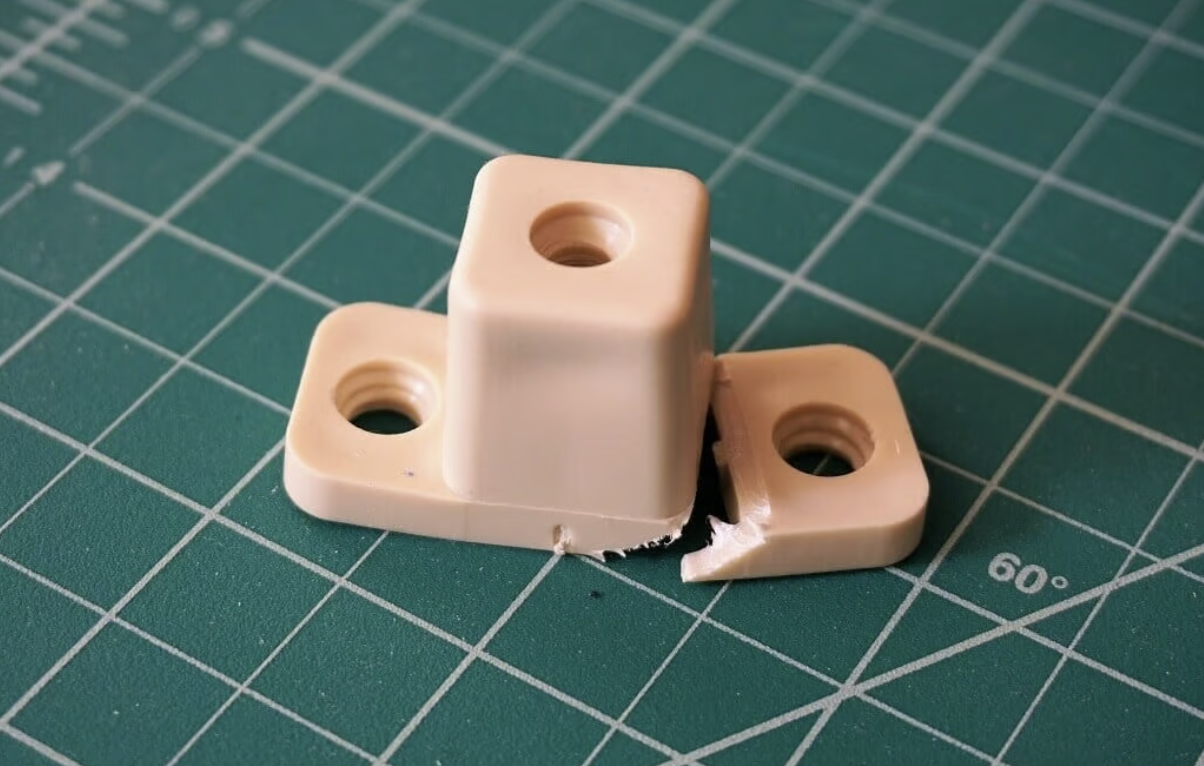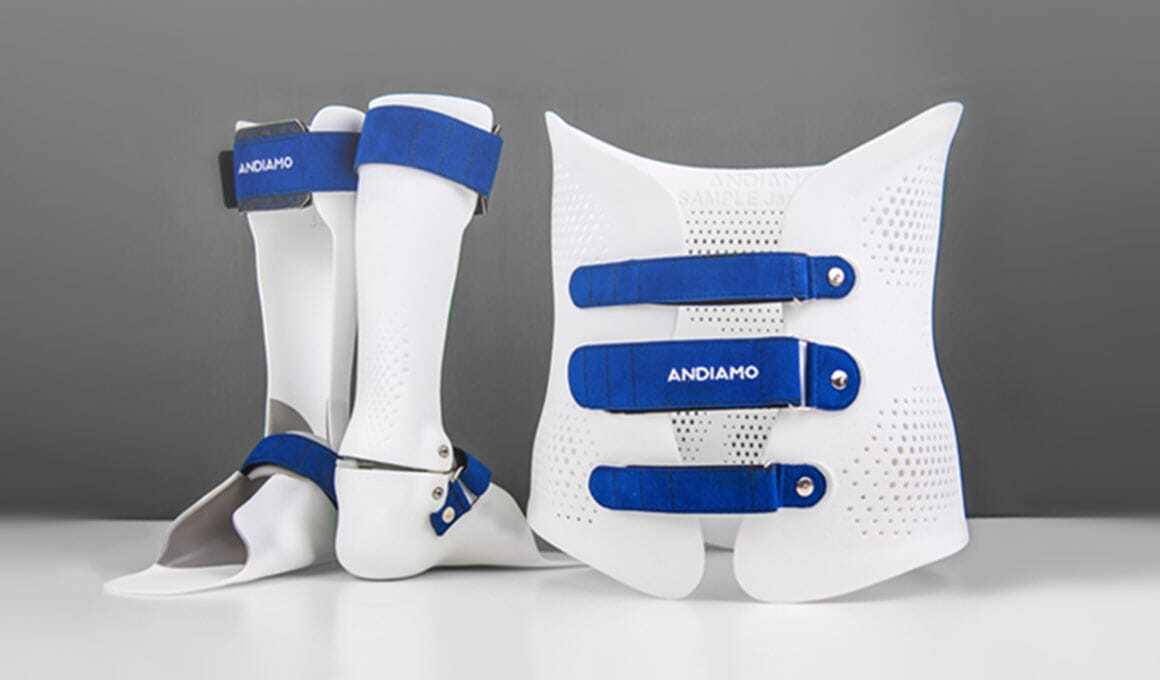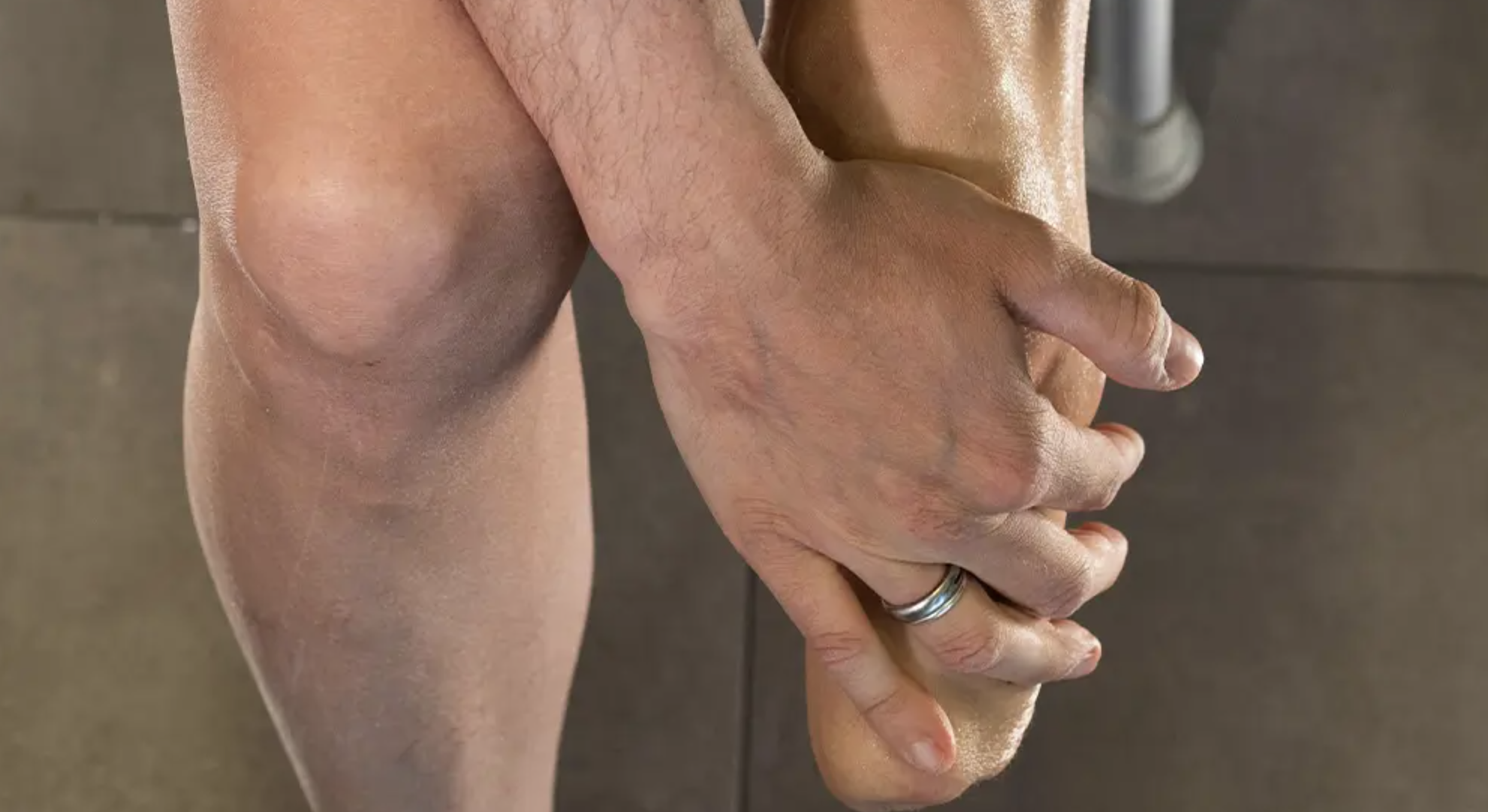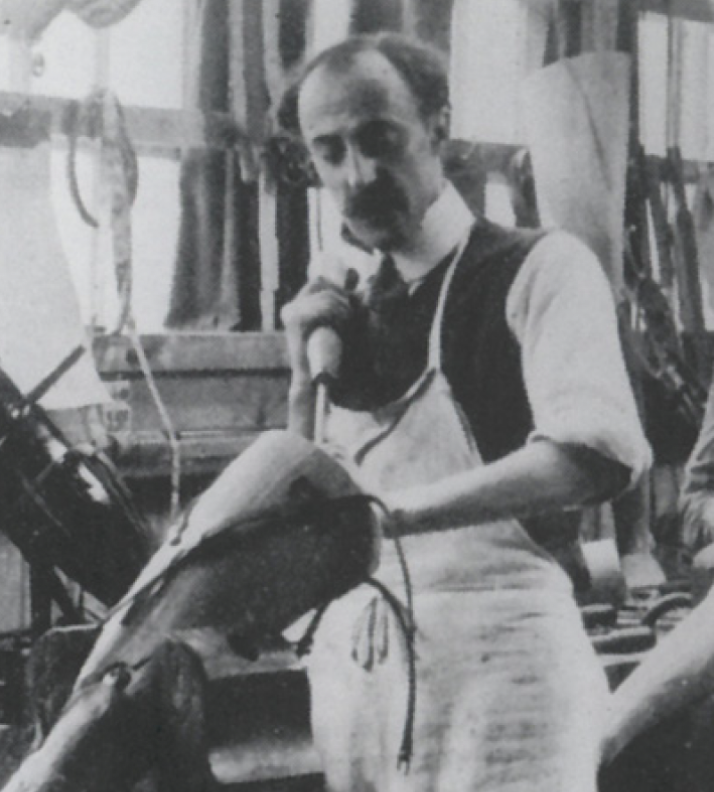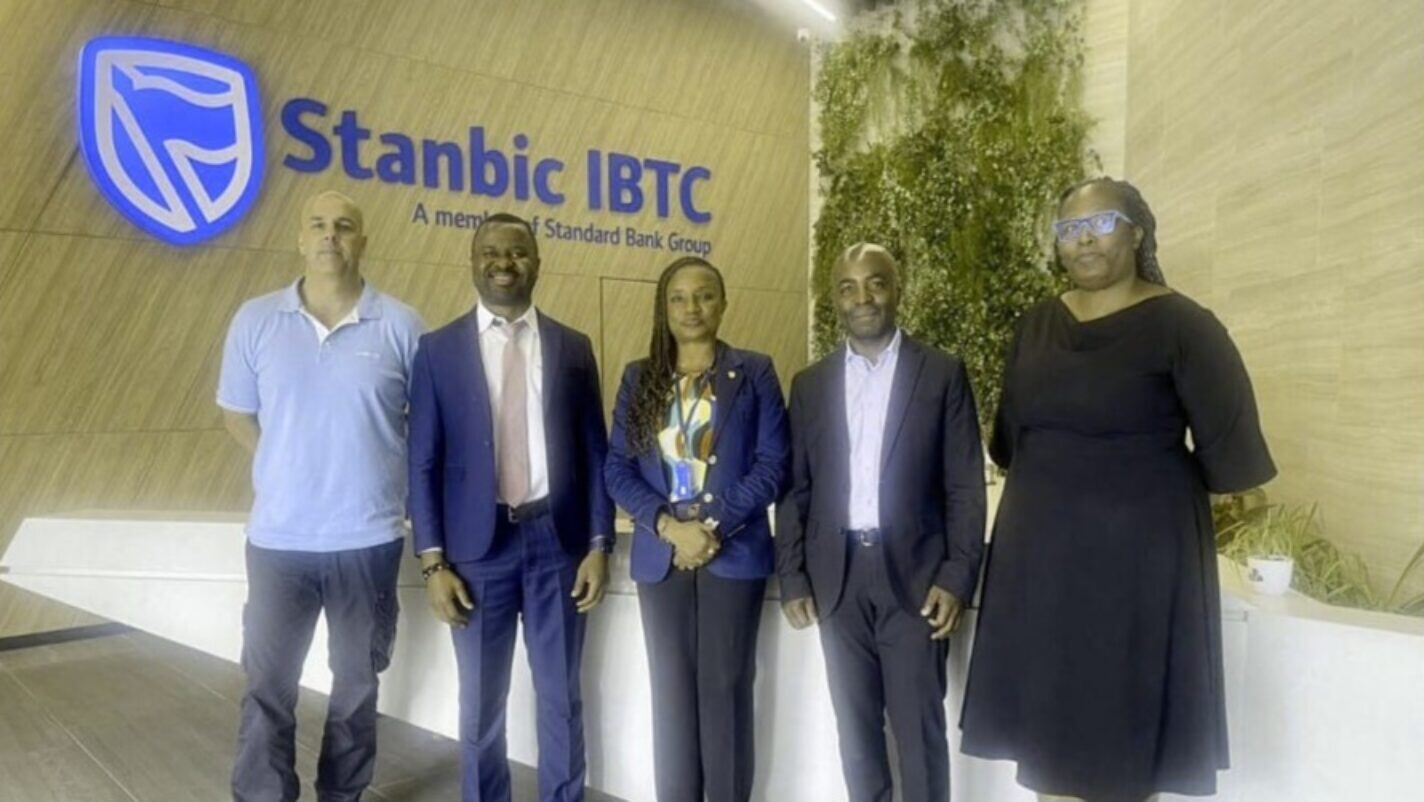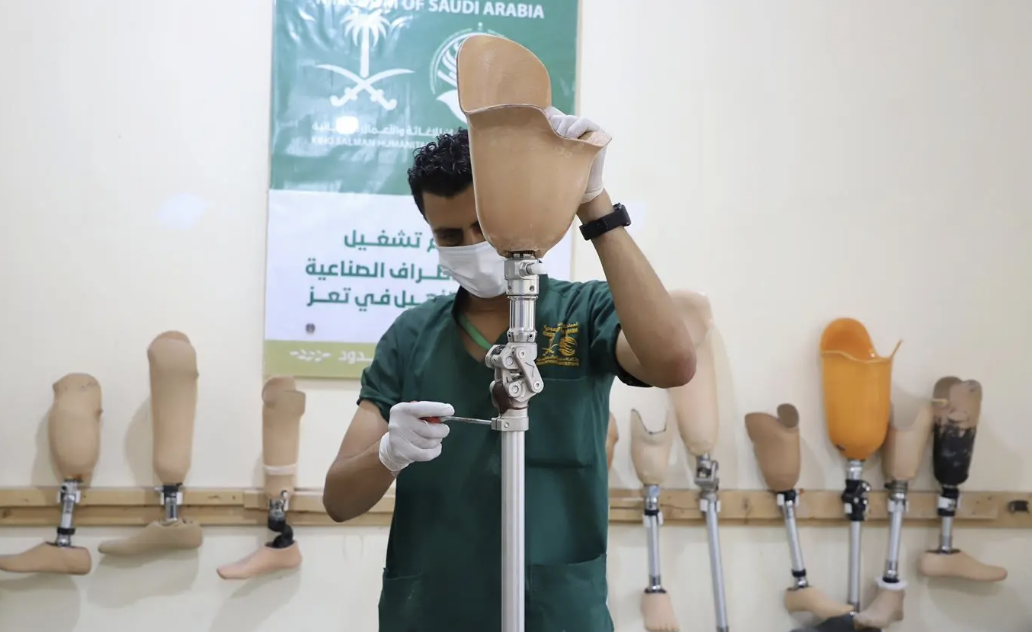The ICRC in collaboration with International Society for Prosthetics and Orthotics (ISPO) and Institute of Rehabilitation Sciences, Indian Spinal Injuries Centre (ISIC) organized a four-day extensive training programme on ‘Interdisciplinary approach in rehabilitation of adults with stroke’ from 17 to 20 September at ISIC, New Delhi.
Stroke is the third leading cause of death and sixth leading cause of disability in India as per Indian Council of Medical Research – National Centre for Disease Informatics and Research (ICMR-NCDIR) factsheet published in 2021. The interdisciplinary collaboration between rehabilitation professionals can help to achieve better outcomes in the recovery of such cases.
This programme included a three-day hands-on workshop for 21 senior rehabilitation professionals from supported centres, national training institutes, government hospitals and ISIC, followed by a one-day seminar for about 150 participants, including health and rehabilitation professionals and post-graduate students. A key objective of this training was to update participants’ knowledge about stroke management and strengthen an interdisciplinary team approach, which will contribute to improving the quality of rehabilitation services for people with hemiplegia and related neurological conditions by providing new concepts and the latest evidence.
This was the first such collaboration between ICRC, ISPO, and ISIC, which provided a platform for the exchange of knowledge and learning between senior rehabilitation practitioners (physiotherapists, prosthetists, and orthotics) and international experts from ISPO.
Capacity building of rehabilitation professionals has been one of the key focus areas for the Physical Rehabilitation Programme (PRP) in India and globally. Over the last two decades of the PRP’s presence in the country, several such initiatives have been taken in collaboration with partners in India to create platforms for exchanging knowledge and continued professional upgrading. These continuous efforts to equip professionals with new learnings and advancements in the sector will eventually enhance the quality of services for persons with disabilities (PwDs).


